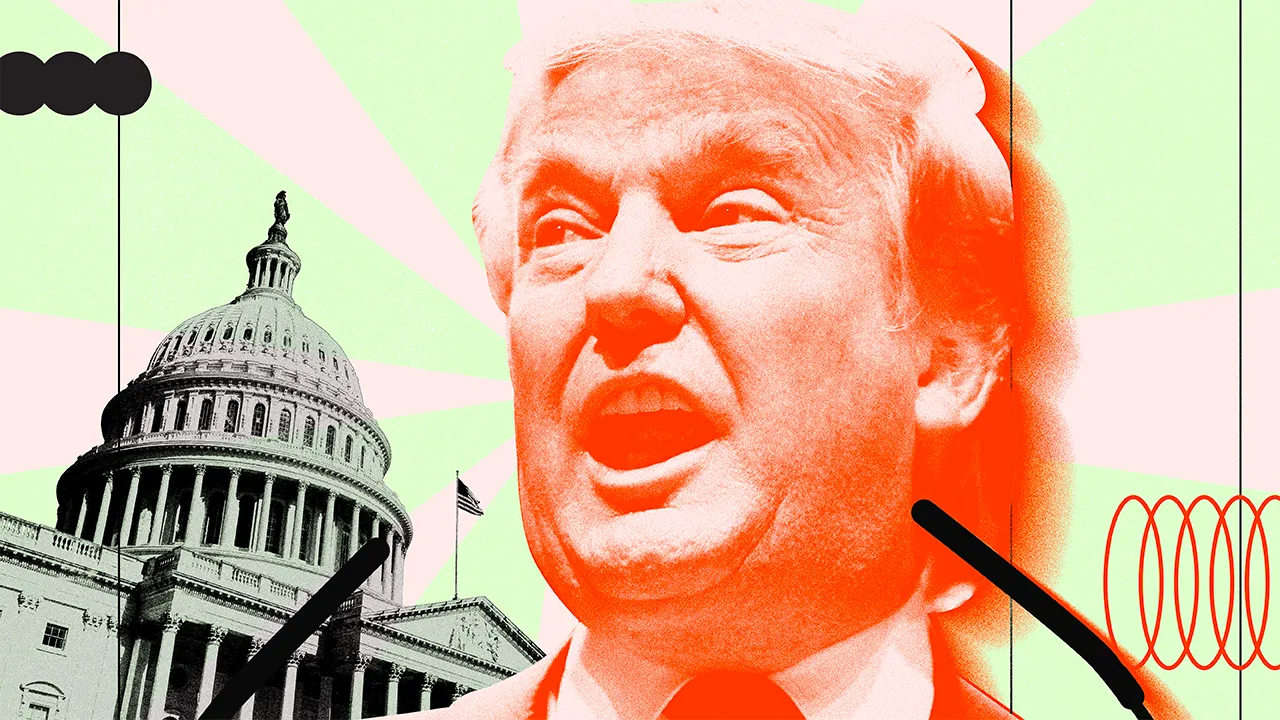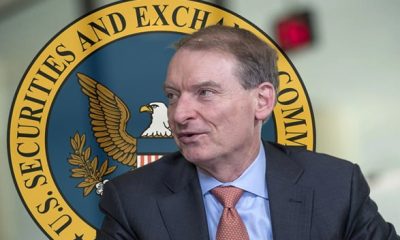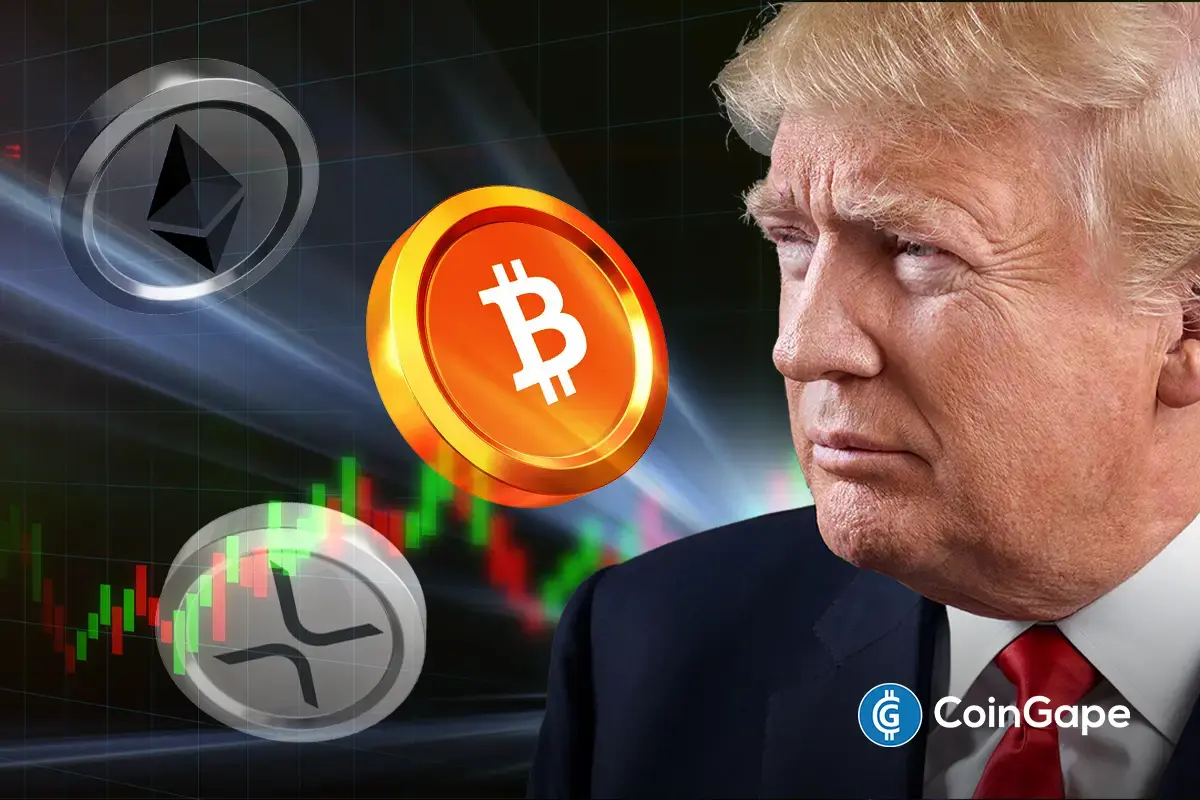Regulation
UN Calls for Global AI Governance As Meta & OpenAI Face Challenges

AI News: The United Nations has issued seven recommendations for reducing the risks of artificial intelligence (AI) based on input from a UN advisory body. The final report of the council’s advisory body focuses on the importance of developing a unified approach to the regulation of AI and will be considered at a UN meeting scheduled for later this month.
AI News: UN Calls for Global AI Governance
The council of 39 experts noted that large multinational corporations have been able to dominate the development of AI technologies given the increasing rate of growth, which is a major concern. The panel stressed that there is an ‘unavoidable’ need for the governance of artificial intelligence on a global scale, since the creation and use of artificial intelligence cannot be solely attributed to market mechanisms.
According to the UN report, to counter the lack of information between the AI labs and the rest of the world, it is suggested that a panel should be formed to disseminate accurate and independent information on artificial intelligence.
The recommendations include the creation of a global AI fund to address the capacity and collaboration differences especially in the developing countries that cannot afford to use AI. The report also provides recommendations on how to establish a global artificial intelligencedata framework for the purpose of increasing transparency and accountability, and the establishment of a policy dialogue that would be aimed at addressing all the matters concerning the governance of artificial intelligence.
While the report did not propose a new International organization for the regulation, it pointed out that if risks associated with the new technology were to escalate then there may be the need for a more powerful global body with the mandate to enforce the regulation of the technology. The United Nation’s approach is different from that of some countries, including the United States, which has recently approved of ‘a blueprint for action’ to manage AI in military use – something China has not endorsed.
Calls for Regulatory Harmonization in Europe
Concurrent with the AI news, leaders, including Yann LeCun, Meta’s Chief AI Scientist and many CEOs and academics from Europe, have demanded to know how the regulation will work in Europe. In an open letter, they stated that the EU has the potential to reap the economic benefits of AI if the rules do not hinder the freedom of research and ethical implementation of AI.
Meta’s upcoming multimodal artificial intelligence model, Llama, will not be released in the EU due to regulatory restrictions, which shows the conflict between innovation and regulation.
“Europe needs regulatory certainty on AI”
An open letter signed by Mark Zuckerberg, me, and a number of European CEOs and academics.The EU is well positioned to contribute to progress in AI and profit from its positive economic impact *if* regulations do not impair open…
— Yann LeCun (@ylecun) September 19, 2024
The open letter argues that excessively stringent rules can hinder the EU’s ability to advance in the field, and calls on the policymakers to implement the measures that will allow for the development of a robust artificial intelligence industry while addressing the risks. The letter emphasizes the need for coherent laws that can foster the advancement of AI while not hindering its growth like the warning on Apple iPhone OS as reported by CoinGape.
OpenAI Restructures Safety Oversight Amid Criticism
In addition, there are concerns about how OpenAI has positioned itself where the principles of safety and regulation of AI are concerned. As a result of the criticism from the US politicians and the former employees, the CEO of the company, Sam Altman, stepped down from the company’s Safety and Security Committee.
This committee was formed in the first place to monitor the safety of the artificial intelligence technology and has now been reshaped into an independent authority that can hold back on new model releases until safety risks are addressed.
The new oversight group comprises individuals like Nicole Seligman, former US Army General Paul Nakasone, and Quora CEO Adam D’Angelo, whose role is to ensure that the safety measures put in place by OpenAI are in line with the organization’s objectives. This United Nations AI news comes at the heels of allegations of internal strife, with former researchers claiming that OpenAI is more focused on profit-making than actual artificial intelligence governance.
Disclaimer: The presented content may include the personal opinion of the author and is subject to market condition. Do your market research before investing in cryptocurrencies. The author or the publication does not hold any responsibility for your personal financial loss.
Regulation
USDC Issuer Circle Set To File IPO In April, Here’s All

USDC issuer Circle is reportedly set to file its initial public offering (IPO) in April as part of the firm’s plans to finally go public. The stablecoin issuer is allegedly already working with top financial institutions to achieve this move.
Circle To File IPO In Late April
According to a Fortune report, Circle is looking to file its IPO in late April, although the listing period remains uncertain. The report noted that when a company files to go public, its shares usually begin trading four weeks later, indicating that the listing could occur in May. However, there is also a scenario where the IPO process could drag on for months.
The stablecoin issuer is reportedly working with investment banks JPMorgan Chase and Citi to achieve its long-anticipated IPO. The firm had previously tried to go public in 2021 under a SPAC arrangement with a shell company.
The US SEC failed to sign off on this arrangement back then, and the company eventually scrapped these IPO plans by the end of 2022 when the crypto exchange FTX collapsed and the broader crypto market experienced a downturn.
Revelation about Circle’s IPO plans comes just days after the stablecoin issuer partnered with NYSE’s parent company to explore USDC’s use in traditional finance (TradFi). Meanwhile, the USDC stablecoin recently launched in Japan following approval from the country’s regulator. Notably, USDC is the first and only global dollar stablecoin approved under Japan’s stablecoin framework.
An Easier Path Now For The Stablecoin Issuer
Circle will likely face less resistance for its IPO plans under the current SEC administration. Under acting Chair Mark Uyeda, the Commission has shown its willingness to work hand in hand with crypto firms, which was missing under Gary Gensler’s administration.
US SEC Chair nominee Paul Atkins has also shown his willingness to change the approach that Gensler’s administration adopted towards crypto firms. During his nomination hearing, the SEC Chair nominee promised to prioritize providing regulatory clarity for the industry.
Circle’s IPO listing would be the biggest since the top crypto exchange Coinbase went public in 2021. Interestingly, Coinbase owns an equity stake in the crypto firm.
The firm’s USDC is currently the second-largest stablecoin by market cap, only behind Tether’s USDT. The stablecoin industry is heating up as more financial institutions look to develop their own stablecoin.
Donald Trump’s World Liberty Financial recently revealed plans to launch its USD1 stablecoin, while asset manager Fidelity is also considering doing so.
Disclaimer: The presented content may include the personal opinion of the author and is subject to market condition. Do your market research before investing in cryptocurrencies. The author or the publication does not hold any responsibility for your personal financial loss.
Regulation
Japan Set To Classify Cryptocurrencies As Financial Products, Here’s All

Cryptocurrency investors in Japan are bracing for impact following a plan to reclassify digital assets as financial products. While the plan has elicited excitement from cryptocurrency enthusiasts in the Far East, the ambitious plan will have to scale several legislative hurdles.
Japan Targets Reclassification Of Cryptocurrencies As Financial Products
According to a report by Nikkei, Japan’s Financial Services Agency (FSA) is inching toward classifying cryptocurrencies as financial products. Per the report, the FSA intends to achieve the reclassification via an amendment to the Financial Instruments and Exchange Act.
Currently, digital assets in Japan are considered crypto assets conferred with property rights and seen as payment means. Under the FSA’s plans, cryptocurrencies in Japan will be treated as financial products in the same manner as traditional financial products.
The FSA says it will adopt a slow and steady approach toward the reclassification, carrying out “a private expert study group” to test the waters. If everything goes according to plan, the FSA will submit the amended bill to Parliament in early 2026.
The classification of cryptocurrencies as financial products will have far-reaching consequences for the local ecosystem. Experts say treating cryptocurrencies as financial products will bring Japan closer to a crypto ETF launch amid a changing regulatory landscape.
Furthermore, the move may lower current cryptocurrency taxation for local investors since existing capital market rules will apply to the asset class.
A Fresh Bill For Crypto Insider Trading Is Underway
Apart from the reclassification, the FSA disclosed plans for new legislation against insider trading. The move flows treating cryptocurrencies as financial products and will strengthen existing investor protection rules.
“It is a direction to establish a new insider trading regulation that prohibits trading based on unpublished internal information,” said the FSA. “We will develop laws to prevent unfair transactions.”
However, Japan’s cryptocurrency scene is heating up to a boil, driven by local and international players. Last week, stablecoin issuer Circle secured approval from the FSA for USDC with top exchanges set to list the stablecoin.
Japan’s Metaplanet has tapped Eric Trump to join its Strategic Board of Advisors as it continues to load up Bitcoin.
Disclaimer: The presented content may include the personal opinion of the author and is subject to market condition. Do your market research before investing in cryptocurrencies. The author or the publication does not hold any responsibility for your personal financial loss.
Regulation
Kentucky Governor Signs Off On ‘Bitcoin Rights’ Bill, Strengthening Crypto Protections


In what is being dubbed a major development in the crypto regulation space, the Governor of the US state of Kentucky, Andy Beshear, has signed the ‘Bitcoin Rights’ bill into law. The law promises to safeguard protections for Bitcoin (BTC) users.
Bitcoin Rights Bill Comes Into Effect
Crypto regulations continue to evolve under pro-crypto US President Donald Trump’s administration. In the latest development, Kentucky has become the newest state to enshrine protections for digital asset users.
In an X post published on March 24, crypto advocacy group Satoshi Action Fund announced that Governor Beshear had signed the much-anticipated Bitcoin Rights bill into law. The post stated:
The right to self-custody, run a node, and use of digital assets is now protected for millions of Americans without fear of discrimination.
The bill was first introduced to the Kentucky House by Rep. Adam Bowling on February 19. According to the bill’s description, it seeks to safeguard users’ rights to use digital assets and self-custody wallets. Additionally, it aims to prohibit local zoning changes that discriminate against crypto mining operations.
The legislation outlines guidelines for running a digital asset node and excludes digital asset mining from money transmitter license requirements. It also clarifies that crypto mining or staking is not considered an offer or sale of securities.
On February 28, the bill passed Kentucky’s House of Representatives with a unanimous vote of all 91 representatives in favor. It later passed the Kentucky Senate on March 13, receiving backing from all 37 senators.
Kentucky’s proactive stance toward cryptocurrencies isn’t new. Earlier this year, the state became the 16th US state to introduce legislation seeking to create a Bitcoin strategic reserve.
Meanwhile, neighboring state Arizona is also joining the crypto movement. A recent X post by Bitcoin Laws revealed that Arizona’s House Rules Committee has passed two Bitcoin reserve bills — SB1373 and SB1025. These bills will now head to a full floor vote.
Renewed Optimism Under Trump Administration
Following Trump’s victory in the November presidential election, cryptocurrency regulations in the US are evolving rapidly, with many states introducing legislation aimed at strengthening their digital asset ecosystems and attracting crypto businesses.
Positive changes in crypto regulations are encouraging industry businesses to expand. For instance, leading crypto trading platform Coinbase recently announced plans to hire 1,000 employees in the US.
The Trump administration has also witnessed several lawsuits being dropped against major crypto entities, including Kraken, Coinbase, Gemini, and others. At press time, Bitcoin trades at $87,399, down 0.2% in the past 24 hours.

Featured Image from Unsplash.com, chart from TradingView.com

Editorial Process for bitcoinist is centered on delivering thoroughly researched, accurate, and unbiased content. We uphold strict sourcing standards, and each page undergoes diligent review by our team of top technology experts and seasoned editors. This process ensures the integrity, relevance, and value of our content for our readers.
-

 Market20 hours ago
Market20 hours agoTrump Family Gets Most WLFI Revenue, Causing Corruption Fears
-

 Ethereum20 hours ago
Ethereum20 hours agoEthereum’s Price Dips, But Investors Seize The Opportunity To Stack Up More ETH
-

 Market23 hours ago
Market23 hours agoBitcoin Mining Faces Tariff Challenges as Hashrate Hits New ATH
-

 Regulation23 hours ago
Regulation23 hours agoUSDC Issuer Circle Set To File IPO In April, Here’s All
-

 Market22 hours ago
Market22 hours agoPi Network Struggles, On Track for New All-Time Low
-

 Bitcoin22 hours ago
Bitcoin22 hours agoStrategy Adds 22,048 BTC for Nearly $2 Billion
-

 Market21 hours ago
Market21 hours agoBNB Breaks Below $605 As Bullish Momentum Fades – What’s Next?
-

 Market17 hours ago
Market17 hours agoBlackRock’s Larry Fink Thinks Crypto Could Harm The Dollar
























✓ Share: